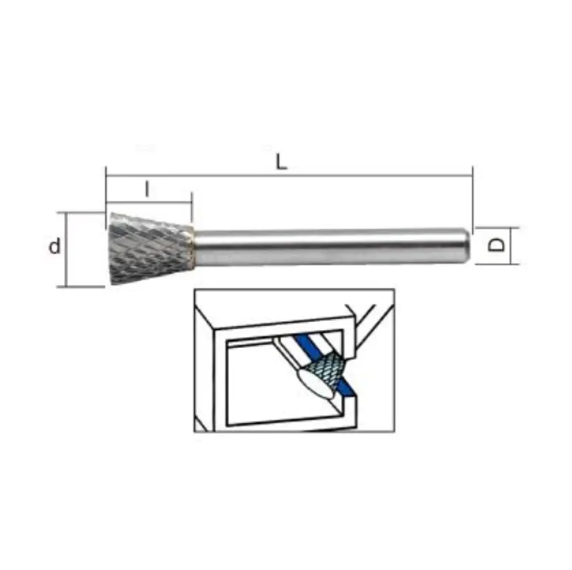Precision Built with Carbide Flats

Carbide flats have become essential in numerous manufacturing environments where consistency and strength are required. These rectangular or square-shaped components are typically made from tungsten carbide, a material recognized for its impressive hardness and durability. Engineers and machinists rely on these materials to support a wide range of applications, including metal cutting, stamping, wear-resistant tools, and forming dies.
In toolmaking, the use of carbide flats enables higher wear resistance and maintains structural reliability even under mechanical stress. Unlike steel components that may deform under repeated use, carbide maintains its geometry longer, allowing for reduced maintenance and downtime. This is especially relevant for operations that demand tight tolerances and long service cycles.
In stamping and forming, carbide flats are often machined into specific shapes that fit custom dies or punches. The stable nature of carbide contributes to more predictable performance, especially when producing high volumes of parts. It also reduces the need for frequent regrinding or replacements, which improves workflow and planning.
Machinists often choose to grind carbide flats according to exact dimensions, as their uniform density supports precise modifications. This characteristic allows them to be customized for various niches, such as woodworking blades, tile cutting tools, or extrusion dies. Their adaptability makes them suitable for both small batch production and continuous manufacturing processes.
Although harder to machine than many metals, the benefits offered by carbide flats in resisting deformation and abrasion outweigh the extra effort required in their preparation. Industries that invest in quality carbide materials often experience better repeatability across production cycles, which supports overall reliability.
The integration of carbide flats into tooling systems provides a foundation for sustainable production. Their lifespan and resilience contribute to fewer interruptions and a more stable operating rhythm, which many production managers find valuable.
- Art
- Causes
- Crafts
- Crypto
- Dance
- Drinks
- Defi
- Film
- Fitness
- Food
- Spellen
- Gardening
- Health
- Home
- Literature
- Music
- Networking
- Other
- Party
- Religion
- Shopping
- Sports
- Theater
- Wellness

